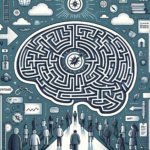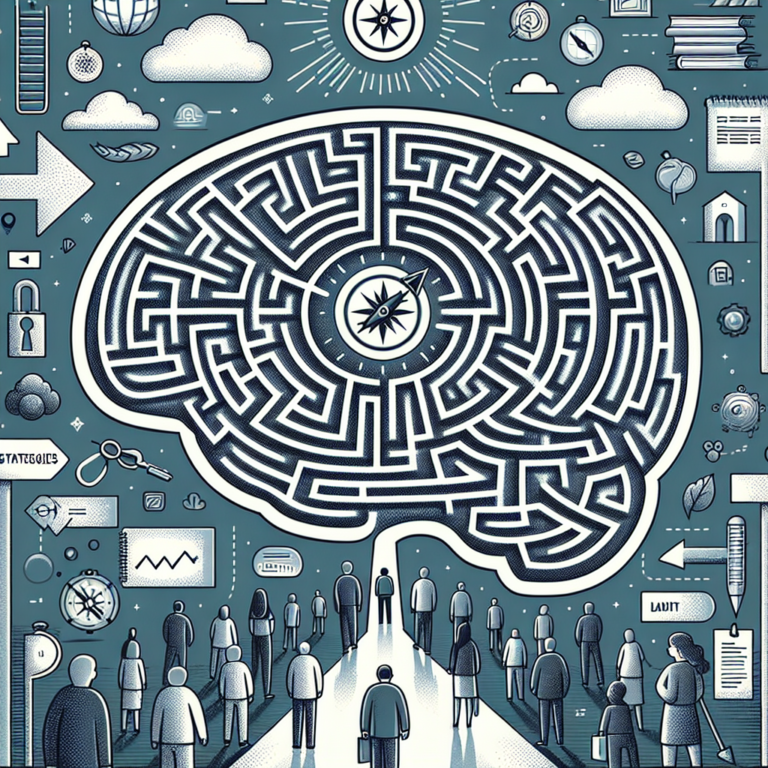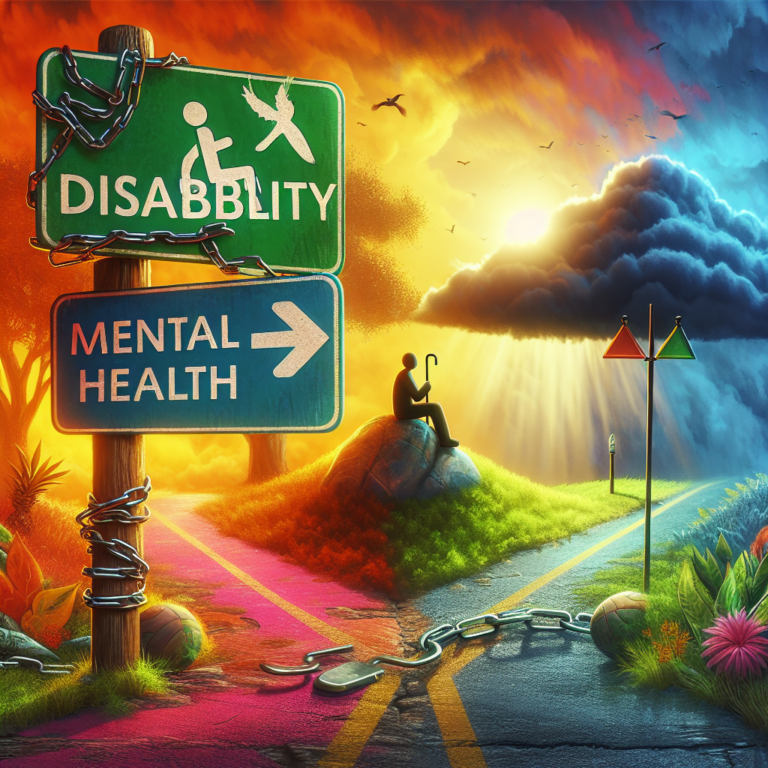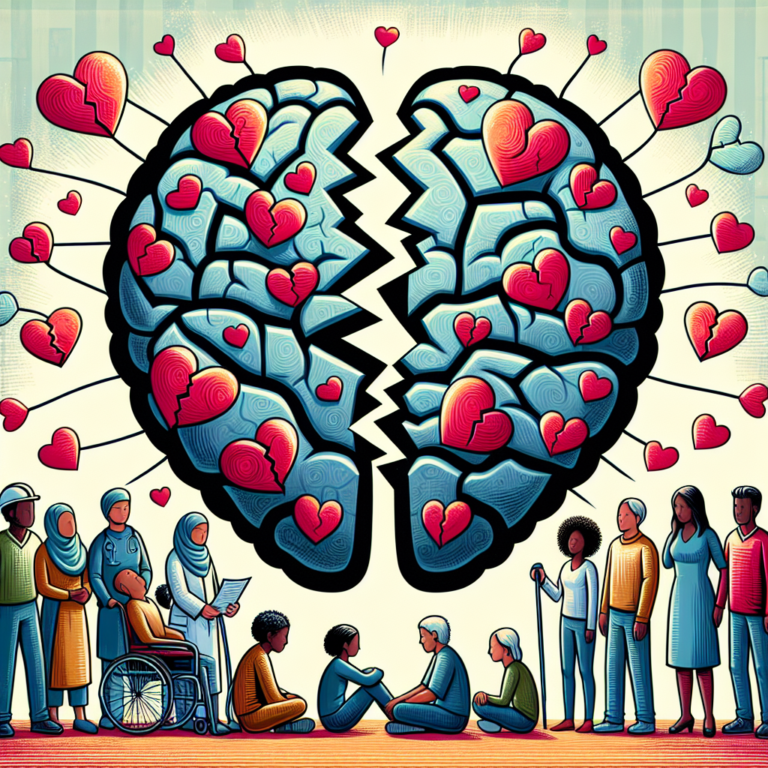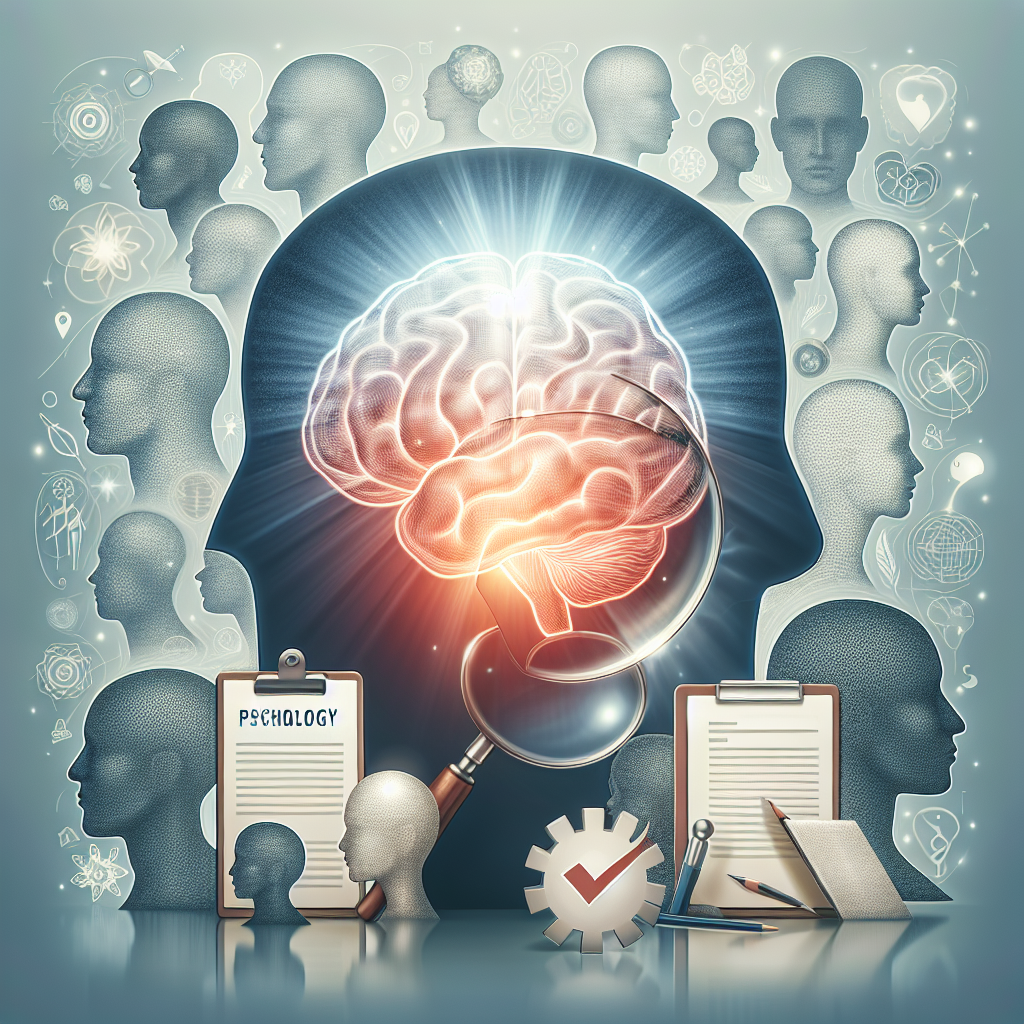
Introduction
Imagine waking up in a hospital and not recognizing the faces of your loved ones. Brain injuries can be life-altering, affecting not just physical capabilities but also cognitive functions and emotional stability. As our understanding of these injuries expands, the focus on psychological recovery becomes increasingly vital. This article, Mind Matters: Psychological Approaches to Brain Injury Recovery, delves into the essential strategies that can transform recovery from a daunting challenge into a manageable journey of healing.
Understanding Brain Injury and Its Impact
Brain injuries can result from various incidents, including car accidents, falls, sports injuries, and strokes. According to the CDC, an estimated 2.8 million people sustain a traumatic brain injury each year in the U.S. The aftermath is often multifaceted, affecting memory, attention, emotional well-being, and social interactions.
Types of Brain Injuries
- Traumatic Brain Injury (TBI): This can result from a blow to the head or penetrating injury.
- Acquired Brain Injury (ABI): Non-traumatic events like strokes or lack of oxygen fall into this category.
- Concussion: A mild form of TBI, often overlooked.
Cognitive and Emotional Effects
The psychological effects of brain injuries are profound. Individuals may experience:
- Cognitive Impairments: Memory loss, difficulty concentrating, and impaired problem-solving skills.
- Emotional Disturbances: Depression, anxiety, and personality changes.
Understanding these impacts is the first step in addressing them effectively as part of recovery.
Mind Matters: The Psychological Aspects of Recovery
Psychological approaches are critical in brain injury recovery, helping individuals regain their sense of self and navigate the complexities of their new reality.
Cognitive Behavioral Therapy (CBT)
What is CBT?
Cognitive Behavioral Therapy focuses on the relationship between thoughts, feelings, and behaviors. By identifying negative thought patterns, patients can replace them with healthier ones.
Case Study: John’s Journey with CBT
John, a 35-year-old who suffered a severe TBI, struggled with feelings of hopelessness and anger. Through CBT, he learned to challenge these negative thoughts. After several sessions, John reported improved mood and an increased ability to engage with his family.
Analysis
John’s case illustrates the power of CBT as a psychological tool in the recovery process, showcasing how reframing thoughts can lead to emotional healing.
Mindfulness-Based Stress Reduction (MBSR)
What is MBSR?
MBSR is a structured program that uses mindfulness meditation to reduce stress and enhance awareness.
Case Study: Sarah’s Experience with MBSR
Sarah, who experienced a concussion from a fall, joined an MBSR group. She reported a reduction in anxiety and improved concentration after six weeks.
Analysis
Sarah’s story emphasizes the applicability of mindfulness techniques to mitigate stress and anxiety, essential components of recovery.
Neuropsychological Rehabilitation
What is Neuropsychological Rehabilitation?
This approach aims to improve cognitive functions through structured interventions, focusing on memory, executive function, and attention.
Case Study: Tom’s Neuropsychological Rehabilitation
Tom suffered memory deficits following a stroke. His rehabilitation included cognitive exercises tailored to his needs. In six months, he experienced significant improvements in memory recall and processing speed.
Analysis
Tom’s recovery demonstrates the role of targeted interventions in addressing cognitive deficits, emphasizing the need for personalized rehabilitation plans.
Building Emotional Resilience
What is Emotional Resilience?
Emotional resilience is the ability to adapt to stress and adversity. It is crucial for recovery.
Strategies for Building Resilience
- Social Support: Engaging family and friends is vital for emotional recovery.
- Goal Setting: Setting achievable goals helps restore a sense of agency.
- Positive Affirmations: Encouraging self-talk fosters hope and positivity.
Case Study: Emily’s Resilience Journey
Emily sustained a brain injury during a car accident and faced significant emotional challenges. She began setting small, achievable goals, like walking a certain distance each day, which helped her regain a sense of control.
Analysis
Emily’s resilience-building strategies highlight the importance of active participation in one’s recovery process, which is vital for mental health.
The Role of Family and Caregivers
The involvement of family and caregivers in recovery cannot be understated. They serve as crucial support systems.
Supportive Communication
Effective communication can help family members understand the emotional and cognitive challenges faced by their loved ones.
Case Study: The Garcia Family
The Garcia family participated in educational sessions to better understand the recovery process following their son’s TBI. They learned effective communication techniques that became invaluable for providing support.
Analysis
The Garcia family’s proactive approach demonstrates the positive impact that informed support can have on a brain injury survivor’s recovery.
Technology in Psychological Approaches
The digital age brings new tools for psychological support and rehabilitation.
Teletherapy
Teletherapy allows patients to access psychological services remotely, which can be particularly beneficial for those with mobility issues.
Impact on Recovery
Research indicates that teletherapy can offer effective support comparable to in-person sessions, broadening access to essential psychological services.
Applications of Virtual Reality (VR)
Virtual Reality Therapy can help patients confront their fears or practice cognitive tasks in a controlled environment.
Case Study: Mike’s VR Therapy
Mike, who experienced anxiety following his TBI, engaged in VR therapy. With gradual exposure to anxiety-provoking scenarios in a safe space, he showed significant improvements in anxiety management.
Analysis
Mike’s experience exemplifies how innovative technology can play a crucial role in psychological recovery, offering new avenues for rehabilitation.
Conclusion
Mind Matters: Psychological Approaches to Brain Injury Recovery highlights the vital interconnection between psychological strategies and physical healing. By focusing on mental health, individuals and families can work towards an empowered recovery journey. As we continue to unravel the complexities of brain injuries, embracing psychological approaches becomes increasingly necessary for holistic healing.
Takeaway
Recovery from a brain injury is not solely about physical healing but also about fostering psychological well-being. Engage with therapies, build resilience, and lean on support systems. Your mind truly matters in this journey.
FAQs
1. What are the most common psychological challenges after a brain injury?
Common challenges include anxiety, depression, and altered self-identity.
2. How long does psychological recovery take?
Recovery timelines vary widely but often extend from months to years, depending on the severity of the injury and individual factors.
3. Are family members affected by a loved one’s brain injury?
Yes, family members often experience emotional stress, anxiety, and shifts in family dynamics.
4. Can therapy improve cognitive functions post-injury?
Absolutely! Therapy such as neuropsychological rehabilitation can specifically target cognitive skills.
5. What should I do if I notice emotional changes in a loved one after a brain injury?
Encourage them to seek professional help and provide a supportive environment for open dialogue.
By understanding and utilizing these psychological approaches, we empower individuals to navigate the complexities of brain injury recovery. The mind truly matters in this transformative journey.


